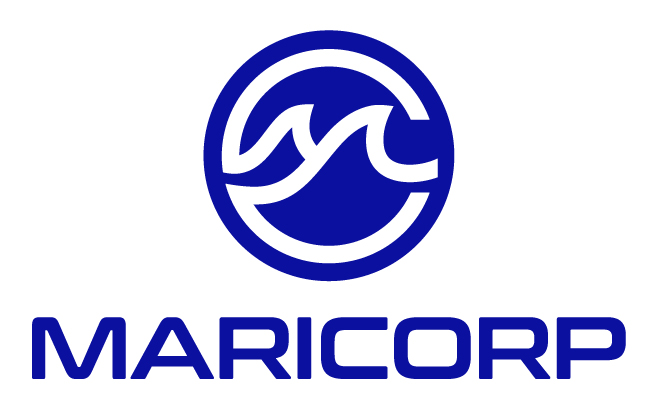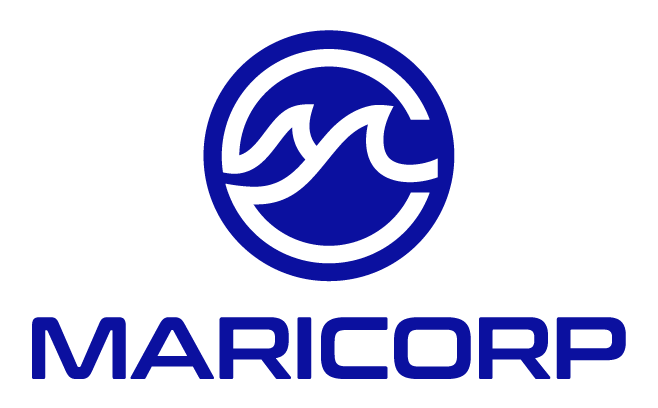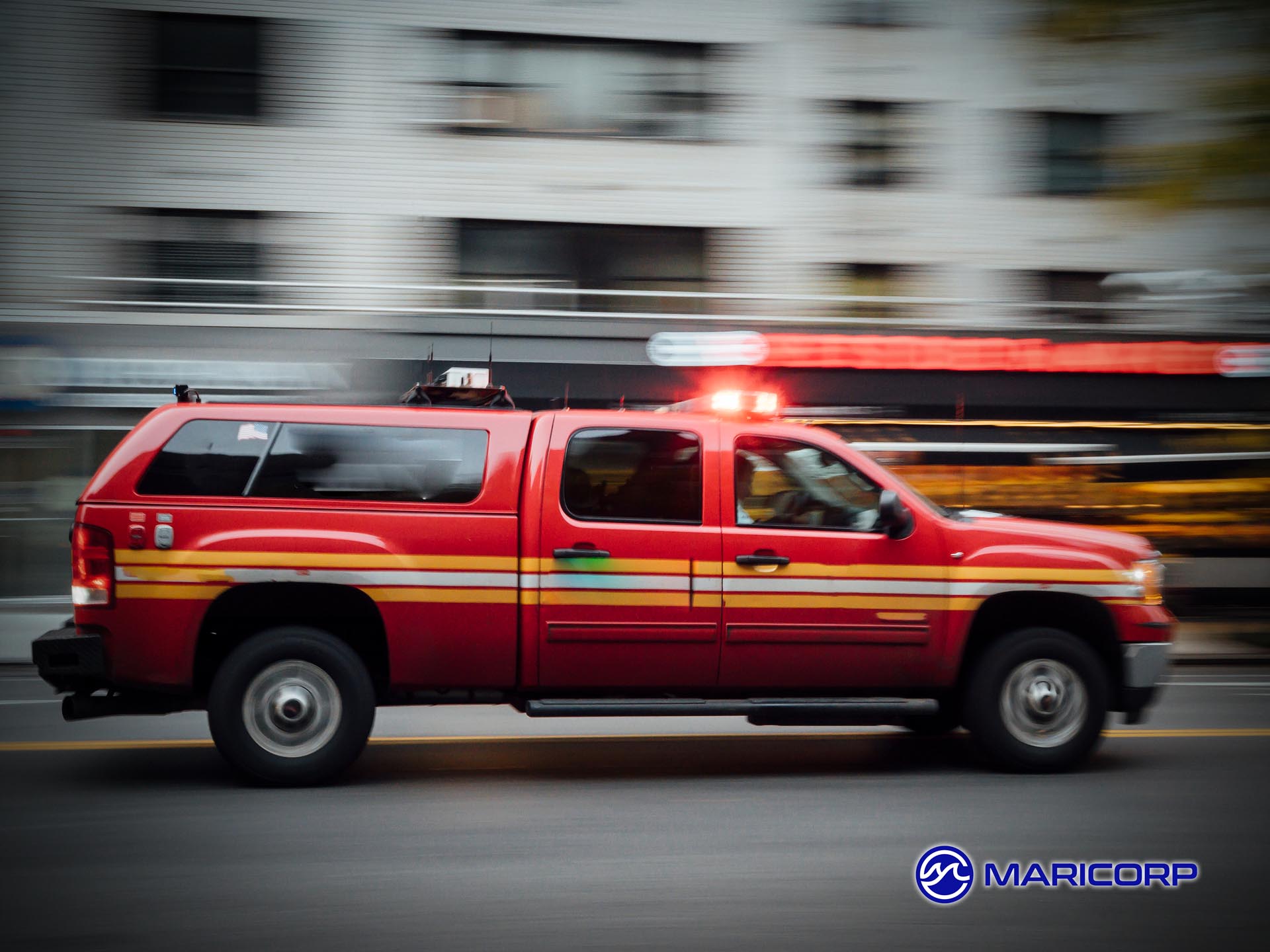Burn Awareness Week 2025
Burn Awareness Week and Its Importance to Marinas
Burn Awareness Week is observed annually to emphasize the dangers of burns and the importance of preventative measures that reduce the risk of these injuries. Although many people associate burn hazards with kitchens, campfires, or industrial settings, marinas also present unique threats that can result in serious, and occasionally life-threatening, burn incidents caused by vessels refueling at the dock, electrical connections near water, and equipment storage practices. By understanding the main risks associated with operating and maintaining a marina, owners and operators can take active steps to keep their businesses safe.
The goal is to recognize and address potential hazards, educate employees and patrons, and ultimately use Burn Awareness Week as a catalyst for long-term safety improvements and reinforce a strong culture of responsibility in marina operations.
Understanding Burn Awareness Week
Burn Awareness Week is observed every year, typically during the first full week of February and is spearheaded by organizations such as the American Burn Association (ABA) to focus the root causes of burn injuries, educate the public on preventive measures, and share updated safety guidelines. While household burns are a common topic, the initiative also underscores the value of safety in workplaces, recreational spaces, and other environments where burns or scalds can occur and provides an excellent opportunity for different industries—marinas included—to assess their procedures, update safety protocols, and emphasize awareness.
Marinas often involve a mix of boating, repairs, fueling, electrical systems, and sometimes grilling or cooking stations for boaters and staff. The variety of activities, combined with volatile substances such as gasoline or propane, can significantly increase the possibility of fires and burns if precautions are not followed.
Participating in this observance often aligns with broader fire safety measures, injury prevention strategies, and public education campaigns, allowing marina owners to take a proactive approach to highlight hazards and bolster preventative measures.
Burn Awareness Week offers:
- Focused Education: Dedicated time for training staff, engaging local boat owners, and sharing updated guidelines regarding burn prevention in a marina setting.
- Community Outreach: Opportunities to partner with local authorities, firefighting departments, and safety organizations to create a cohesive approach to preventing burn injuries.
- Resource Sharing: Access to new reports, statistical data, and expert recommendations from entities like the National Fire Protection Association to improve readiness.
Why Burn Awareness Week 2025 Matters for Marinas
Marinas encounter distinct challenges when it comes to fire and burn prevention due to the presence of water, electricity, and fuel. Boats frequently store flammable substances, and everyday tasks—from refueling to routine maintenance—can lead to burn injuries if handled improperly. The specific hazards and operating conditions within marinas require a dedicated approach to safety.
Key reasons for heightened awareness include:
- Concentrated Flammables: Fuel, cleaning chemicals, and batteries are all present at marinas. Each item carries its own burn risk.
- Overlapping Hazards: Combining electrical systems, gas docks, and water makes it more complicated to maintain safety—any misstep can have severe repercussions.
- Shared Spaces: Marinas typically host multiple vessels and large gatherings of people. A single mistake can pose risks to an entire group or slip area.
Common Burn Risks in a Marina Setting
Although marinas are designed to be safe and enjoyable for boaters, it is still important to be aware of the primary causes of burns. Below are some of the most common risks:
- Fuel-Related Fires and Burns
The most common source of potential fire hazards at marinas is fuel, primarily gasoline and diesel at a gas dock. Improper storage and transfer can lead to spills that increase the risk of accidental ignition. Even a small spark—possibly from static electricity or malfunctioning machinery—can lead to a flash fire with devastating consequences. - Electrical Equipment and Cords
Boats often rely on shore power while docked. If power cords are frayed, outlets are not maintained, or electrical connections are close to water, the probability of short circuits and electrical fires rises. Those who attempt DIY electrical projects without sufficient expertise can unintentionally create unsafe conditions that lead to overheating, sparks or ESD. - Hot Surfaces and Machinery
Boat engines and other machinery produce heat that can cause burns if touched without caution. A marina workshop may house welding equipment, metal grinding tools, and other machinery operating at high temperatures, presenting burn risks to staff. - Outdoor Cooking Areas
Some marinas allow boaters to grill on the docks or have designated cooking areas. While offering a fun and social element, open flames and hot surfaces greatly increase the chance of burns if users are unaware of safety measures. - Chemical Storage
Lubricants, cleaning agents, and other chemicals used in boat maintenance can also be highly flammable. Inappropriate storage or improper mixing of chemicals can contribute to fire hazards and expose people to risk of contact burns.
Taking an inventory of these potential threats is the first step in aligning marina operations with the safety objectives highlighted during Burn Awareness Week 2025.
Best Practices for Marina Owners and Operators
A proactive approach to burn prevention is essential for maintaining a safe and welcoming marina environment. Owners and operators can take the following measures to reduce the likelihood of burns:
- Conduct Regular Facility Inspections and Safety Audits
Schedule routine inspections and audits of the entire facility, paying special attention to electrical connections, fuel storage, dock integrity, and other areas that might pose burn threats. Look for corrosion, wear, or other signs of damage. - Updating Emergency Plans
Review the marina’s existing emergency action plan and ensure it incorporates burn-related incidents. The plan should detail how to respond to accidental fires, electrical incidents, and chemical spills, with clear guidelines on whom to call and how to evacuate the area. Regularly practice these procedures to solidify knowledge and calmness during real emergencies. - Effective Signage
Visible and comprehensive signage significantly reduces the likelihood of accidents. Place caution signs around gas docks and electrical hook-ups, and ensure there are clear instructions for docking and engine maintenance areas. Well-designed signs serve as constant reminders and reinforce safe behavior among visitors and staff. - Implement a Maintenance Schedule
Create a strict maintenance timetable for equipment, wiring, and fire suppression systems. Ensure that all repairs or replacements meet or exceed local safety regulations and guidelines, such as those advised by the National Fire Protection Association. - Provide Appropriate Personal Protective Equipment (PPE)
Train employees and contractors to use PPE—like gloves, flame-resistant clothing, and safety glasses—especially when dealing with flammable substances or hot machinery. - Install and Maintain Fire Suppression Systems
Fire extinguishers and fixed fire suppression systems should be inspected regularly. They must remain easily accessible and fully operational. Post clear signage around the marina to direct users to firefighting devices in case of emergency. - Educate Boaters
Offer informational materials to patrons on safe fueling practices and the potential dangers posed by faulty electrical connections. This can include distributing pamphlets or providing online resources for quick reference. Regular updates and reminders on slip fees notices or monthly newsletters help keep awareness high. - Monitor Weather Conditions
High winds, extreme heat, or cold can exacerbate certain hazards. By keeping an eye on the weather, marina operators can decide to temporarily close gas docks, restrict engine testing, or take extra safety measures.
Observing Burn Awareness Week 2025 at a Marina
While burn safety is a year-round priority, Burn Awareness Week provides a special occasion to highlight preventative strategies and engage the marina community. Below are some recommendations on how to recognize this time effectively:
- Host Workshops and Training Sessions
Invite representatives from local fire departments, the American Burn Association, or boating safety experts to give talks or demonstrations. Offer hands-on classes in first aid, fire extinguisher use, and safe fueling practices. - Create Informational Displays
Use bulletin boards, social media pages, or the marina’s website to share infographics, checklists, and fact sheets related to burn safety. Include links to credible sources such as the U.S. Coast Guard Boating Safety Division and other relevant organizations. - Highlight Staff Expertise
If any marina staff have specialized training or certifications, encourage them to share tips and experiences. Featuring an “Employee Spotlight” on social media or in a newsletter can help personalize safety messages and motivate others to learn. - Offer Safety Inspections
During Burn Awareness Week, consider offering complimentary safety inspections for boats docked at the marina. This service can check for electrical issues, fuel leaks, or other hazards that increase the risk of burns or fires. - Distribute Promotional Materials
Provide freebies such as water bottles, magnets, or keychains printed with burn prevention slogans. Although these items may seem small, consistent reminders can keep safety top-of-mind. - Collaborate with Local Media
Invite local news outlets to attend a safety demonstration or workshop. Positive media coverage not only highlights the marina’s commitment to safety but also raises community-wide awareness of Burn Awareness Week.
Long-Term Benefits of Burn Awareness Week Observance
By focusing on Burn Awareness Week, marina owners and operators can lay the foundation for ongoing improvements. The proactive measures taken during this time often result in:
- Enhanced Reputation
A demonstrated commitment to safety can attract responsible boat owners and increase trust among customers. Word-of-mouth endorsements of a safe and well-managed marina are invaluable for long-term business success. - Reduced Legal Risks
Fewer accidents mean fewer potential lawsuits or insurance claims, which can be costly and damaging to a business’s reputation. Demonstrating compliance with recommended safety standards helps safeguard against liability issues. - Stronger Community Relationships
Hosting community events or training sessions fosters goodwill between the marina, boaters, and neighboring businesses. Collaborative efforts with local authorities and emergency services also create a strong support network. - Continual Process Improvement
The momentum from Burn Awareness Week can become an annual check-in, prompting marinas to update protocols, replace aging equipment, and train new staff. Over time, these incremental improvements can drastically reduce incident rates.
Additional Resources for Marina Owners and Operators
- American Burn Association (ABA): Offers comprehensive information on Burn Awareness Week 2025, educational materials, and research findings.
- National Fire Protection Association (NFPA): Provides codes, standards, and best practice guidelines relevant to marinas, including electrical codes and fire suppression strategies.
- U.S. Coast Guard Boating Safety Division: Features boating safety tips, regulations, and resources for marina operators and recreational boaters.
- Local Fire Departments and Emergency Services: Can supply region-specific guidelines and may be available to perform onsite training or inspections.
Each year, Burn Awareness Week shines a spotlight on preventative strategies that can drastically reduce the risk of burn injuries. Marinas, where fuel, electricity, and water intersect, present a unique environment requiring constant attention. By taking advantage of this annual event, owners and operators can empower staff, educate patrons, and foster a safety-minded culture. Simple steps—such as regular inspections, scheduled training, and open communication with local authorities—make a meaningful difference. Ultimately, a marina that prioritizes burn prevention is better positioned for long-term operational success, strengthened public trust, and a reputation for responsible management.
Regular participation in Burn Awareness Week ensures that safety considerations remain a top priority year after year. This approach not only protects individuals but also nurtures an environment where boaters can enjoy their time on the water without unnecessary risk. By committing to burn prevention and awareness, marina owners and operators uphold the highest standards of care for their customers, staff, and surrounding community.
More information from the American Burn Association:
Additional Resources:
Related Safety Articles:
- Springtime Boat Safety Checklist
- Operational Marina Safety Planning
- Choosing A Life Jacket – The First Step to Boating Safety
*Sign up for our free newsletter “Marina Management Journal” so you can stay up to date
About MariCorp
Maricorp is one of the largest floating boat dock manufacturing and construction companies in the United States, specializing in galvanized steel floating docks and boat lift systems. With projects spanning coast-to-coast, Maricorp provides marina consultation and design, marine construction, marina repair and renovation, and boat dock disaster response and demolition.














